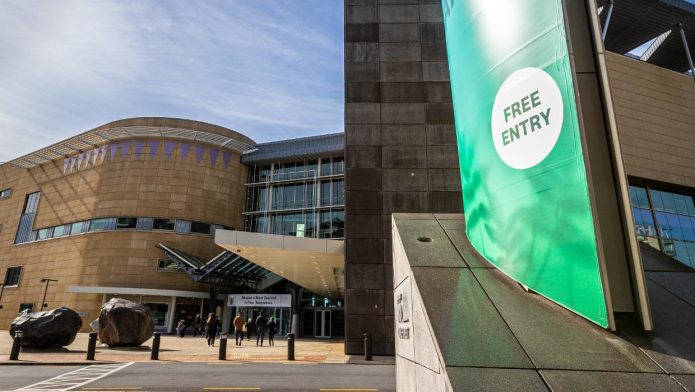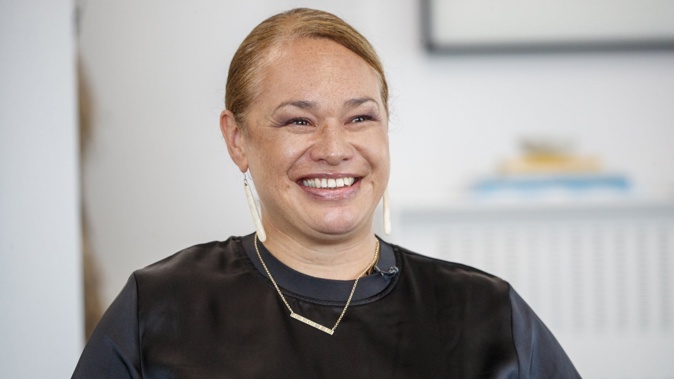PHOTO: FILE
An investigation by Guardian Australia has revealed that convicted criminals and unlicensed agents are actively operating in the real estate sector across several states. The investigation highlights serious gaps in regulation, allowing individuals with criminal records, including dishonesty and money laundering offences, to continue working in the industry.
Criminal Convictions Overlooked
In New South Wales (NSW), two individuals convicted of dishonesty-related offences have re-entered the real estate sector within the 10-year prohibition period typically enforced for such crimes. Gaps in existing laws have also enabled convicted money launderers to bypass regulations and re-enter the market. Across multiple states including NSW, Victoria, Western Australia, and Queensland, hundreds of complaints have been filed regarding unlicensed real estate agents. Guardian Australia’s analysis of property listings suggests that dozens of agents in Victoria are selling or leasing property without being listed on the public register.
New Scrutiny for Real Estate Sector
These revelations come as the federal government pushes forward with new counter-terrorism financing and money-laundering legislation. Introduced to parliament last week, the proposed laws aim to place additional scrutiny on the real estate industry, forcing agents to take steps to prevent money laundering, and bringing Australia in line with international standards.
The Australian Federal Police (AFP) notes that the property market is an attractive avenue for criminals to launder money and store value. Criminals often use real estate agents to legitimize proceeds from illegal activities through the purchase of properties. AFP data reveals that real estate is the largest asset type seized by the criminal assets confiscation taskforce. In 2021-22, the taskforce restrained about 78 properties valued at $106.6 million, with the number doubling to $220.4 million the following year.
Licensing Gaps in Real Estate Regulation
Real estate agents in Australia are regulated by licensing systems that vary between states. In NSW, anyone convicted of a dishonesty offence is typically barred from holding a real estate licence for 10 years unless the offence is deemed minor. However, Guardian Australia identified two instances where agents convicted of financial offences were allowed back into the industry within four years. A third case saw an individual convicted of dealing with proceeds of crime regain their licence despite being found unfit for the sector.
A loophole in NSW real estate laws allowed a convicted money launderer to successfully appeal a prohibition, arguing that money laundering is not explicitly listed as a dishonesty offence under the current regulations.
The NSW Fair Trading Minister, Anoulack Chanthivong, acknowledged the importance of trust in the real estate sector and expressed openness to changes in the law to build public confidence. He emphasized that all real estate agents must pass a “fit and proper person” test, which includes financial and police checks.
Rise of Unlicensed Agents
In addition to issues with licensed agents, unlicensed activity is a growing concern. Between 2019 and mid-2024, Western Australian authorities received 873 complaints related to licensing issues, with over half specifically mentioning unlicensed activity. Similar complaints have been recorded in NSW, Queensland, and Victoria, where unlicensed agents continue to operate in the market despite regulatory frameworks intended to prevent such activity.
In Victoria, a Guardian Australia analysis found that 30 out of 500 real estate agents listed in property ads did not have active licences, with some agents operating with expired credentials or no registration at all.
New Anti-Money Laundering Laws
The federal government’s new anti-money laundering laws will require real estate agents to enrol with Austrac, the national financial crime-fighting agency, and conduct more thorough due diligence on clients. These changes are designed to combat the sector’s vulnerability to criminal exploitation.
However, the real estate industry has raised concerns about the potential regulatory burden these reforms could impose on small businesses. The Real Estate Institute of Australia (REIA) has warned that the costs of complying with the new requirements may lead to closures, particularly among smaller operators.
Transparency International Australia, which is advocating for stronger money-laundering regulations, pointed to New Zealand’s experience, where similar laws were successfully implemented in 2018. Clancy Moore, CEO of Transparency International, argues that Australian real estate companies already operating under New Zealand’s rules have managed to comply without major disruptions.
Moore emphasized that Australia is one of only five countries worldwide that does not currently include real estate agents, lawyers, and accountants in its anti-money laundering and counter-terrorism financing regimes. He believes that the proposed laws will help reduce the risk of criminal exploitation within the sector by enforcing greater transparency and accountability.
These findings underscore the need for urgent reforms to close regulatory loopholes and prevent further exploitation of Australia’s real estate market by criminal entities.
SOURCE: THE GUARDIAN











